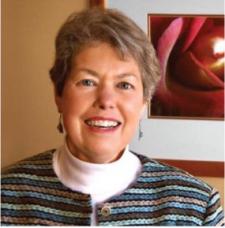Important Research MIL Practices and Trends

Check out this important research on MIL practices and trends! A cross-country comparison study of MIL in 28 European countries, involving sixty-nine scientific experts who contributed to the work. "Public Policies in Media and Information Literacy in Europe: Cross-Country Comparisons," edited by Divine Frau-Meigs, Irma Velez and Julieta Flores Michel, published through ECREA-Routledge Studies in European Communication Research and Education, describes the study and is now available from Amazon. It offers the first analysis on public policies in Media, Information and Computer Literacies in Europe, and provides mapping across the countries and trend forecasting. The methodology used in the study could lend itself to a similar study for North America. https://www.amazon.com/Public-Policies-…/…/ref=sr_1_fkmr0_1…




